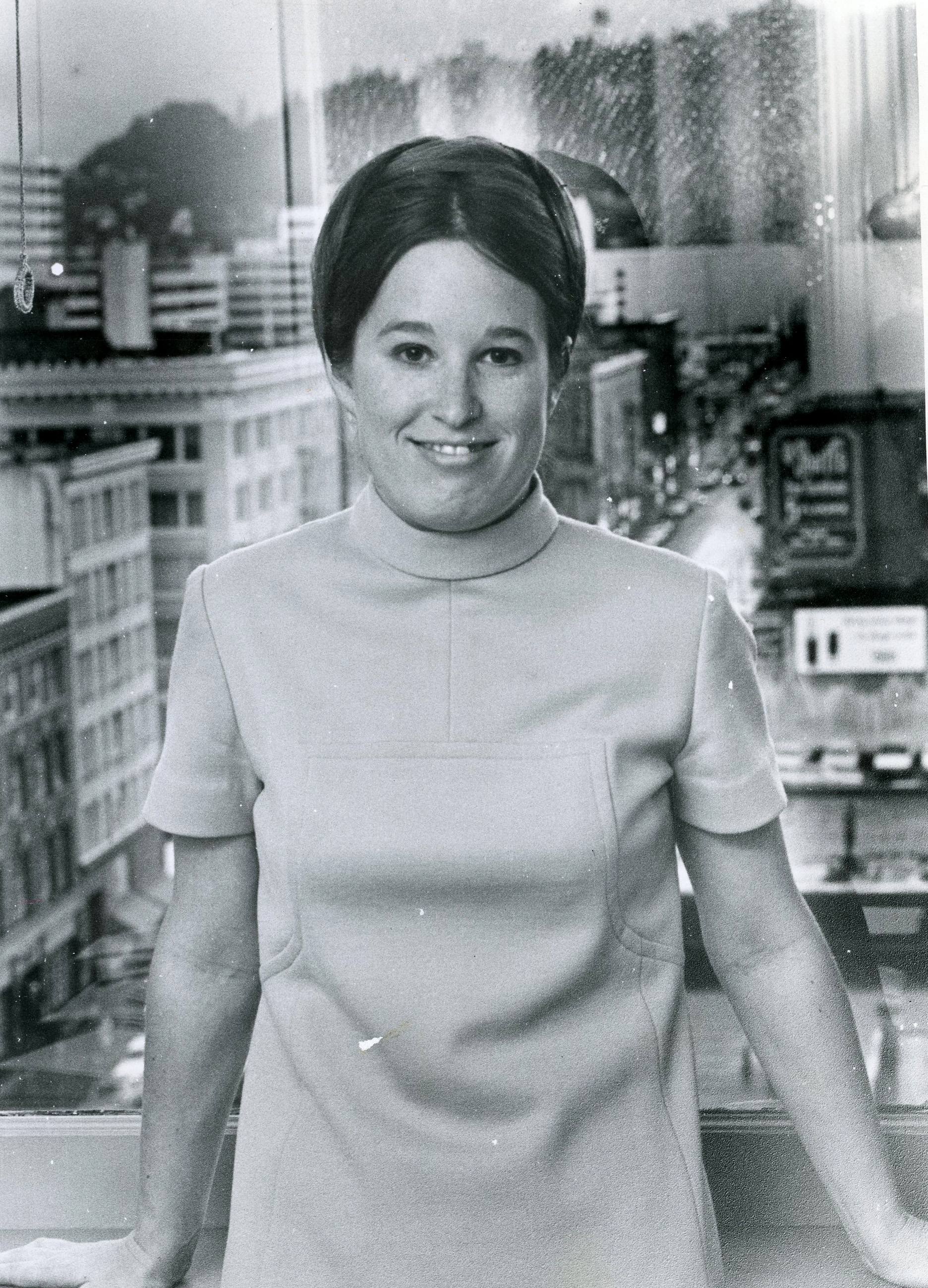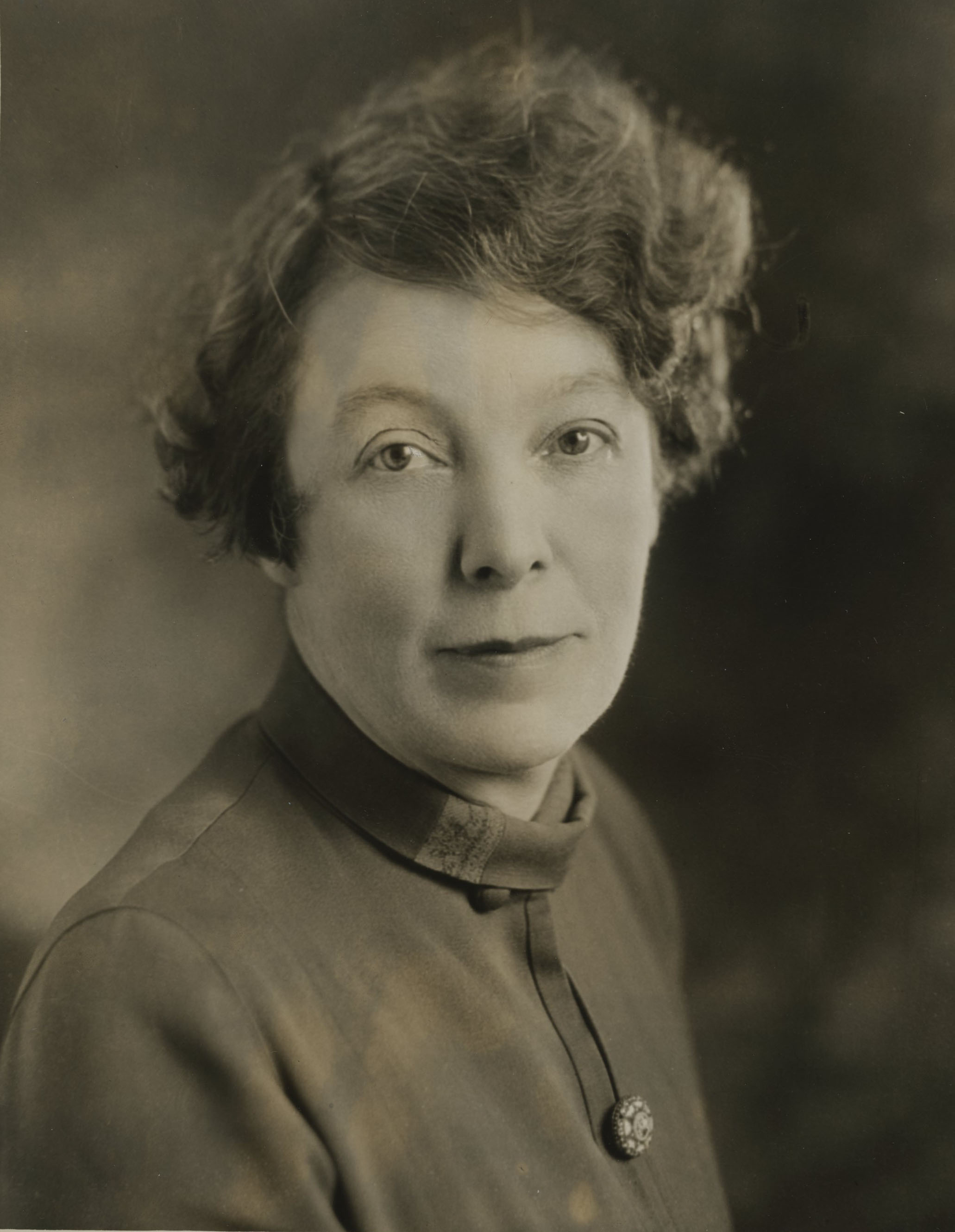Carol Hewitt was one of a small number of women who transformed the Oregon legal community during the 1970s and 1980s. Beginning her career as the first woman law clerk for Judge Gus Solomon on the U.S. District Court, she was the first woman lawyer hired as an associate by a major Portland law firm. Hewett brought early and important sex discrimination cases and excelled in security and product liability cases. She demonstrated that women could successfully pursue complex litigation. For almost ten years, she served on the Oregon Investment Council, which oversaw the state retirement pension fund.
Carol Ann Beaty was born on November 19, 1945, in Melrose, Minnesota. When she was in elementary school, her family moved to Salem, where she graduated from North Salem High School. She began her college education at St. Olaf College in Minnesota but transferred to Willamette University, where she earned a bachelor’s and a law degree, graduating second in her law school class in 1969. While in law school, she married classmate Henry H. Hewitt; they later divorced. Subsequently, she married Mark Yerby.
While in law school, Hewitt served as an intern for Oregon Supreme Court Justice Theodore Godwin, who recommended her to Judge Solomon. Early in her one-year clerkship in 1969–1970, Solomon asked his two clerks about their job searches. His male clerk had already secured a job, but Hewitt had not, despite her credentials and persistent efforts. Solomon offered to help and called several Portland attorneys. Most gave him familiar excuses, clearly not interested in hiring a woman, but Dennis Lindsay at Lindsay, Nahstoll, Hart, Dafoe and Krause (now Lindsay Hart) agreed to give her a job. Hewitt eventually became a partner at Lindsay Hart, and when the firm split in 1990 she became a named partner in the larger of the successor firms, Ater, Wynne, Hewitt, Dodson and Skerritt (now Ater Wynne).
During the 1970s, Hewitt argued several important sex discrimination cases. One involved a Lake Oswego part-time schoolteacher, Barbara Hutchison, who had taken three weeks off to have a baby. The school district determined that the medical leave was not approved and docked her pay. Hewitt brought suit on Hutchison’s behalf, arguing that the district’s action was sex discrimination under Title VII of the Civil Rights Act. Hewitt’s was one of several such cases pending before the Supreme Court when it ruled in General Electric v. Gilbert that pregnancy exclusions did not violate Title VII, essentially rejecting Hewitt’s argument. Responding to public outrage, Congress passed the Pregnancy Discrimination Act in 1978. In another important case, Hewitt represented four Washington County jail matrons who were paid less than their male counterparts, despite doing similar work. The case was decided by the U.S. Supreme Court, where Hewitt’s arguments resulted in a 5-4 decision in her favor.
Hewitt developed a national practice in product liability defense and corporate litigation during the 1970s and 1980s. Initially, she worked with senior partner Allan Hart representing business clients in complex cases, but she eventually developed an independent practice that included defending pharmaceutical company A.H. Robins of Richmond, Virginia, in lawsuits over the intrauterine contraceptive device known as the Dalkon Shield. The case raised issues of product liability and causation as well as medical and scientific questions. Hewitt’s legal skills in discovery and in the courtroom made her a key figure in trying many Dalkon Shield cases and in reaching a national settlement, although as a feminist lawyer she was criticized for defending the company.
In 1981, Governor Victor Atiyeh appointed Hewitt to the Oregon Investment Council, which supervised the investments of the state retirement system and other funds. Although she had considerable experience in business legal work and finance, she knew nothing about institutional investing when she began her term. She learned on the job and was reappointed by Atiyeh in 1985 and by Governor Neil Goldschmidt in 1989. She served as chair of the Council from 1987 to 1990, when she resigned. Hewitt backed the Council’s first investments in leveraged buyouts, which were controversial because they were risky but also very profitable.
Although a nonsmoker, Hewitt was diagnosed with lung cancer in 1991. She died in Portland on June 13, 1993.
-
![]()
Carol Hewitt, November 1970.
Courtesy A.E. Platt
Related Entries
-
![Allan Hart Jr. (1909–2002)]()
Allan Hart Jr. (1909–2002)
Allan Hart was a Portland attorney who was a leading specialist in ener…
-
![Gus J. Solomon (1906–1987)]()
Gus J. Solomon (1906–1987)
Gus J. Solomon, the second-longest-serving federal judge in Oregon hist…
-
![Manche Irene Langley (1883-1963)]()
Manche Irene Langley (1883-1963)
Manche Irene Langley was among the first women admitted to practice …
-
![Mary Gysin Leonard (1845?-1912)]()
Mary Gysin Leonard (1845?-1912)
In 1886, Mary Gysin Leonard was the first woman admitted to the bar in …
-
![Mildred Schwab (1917-1999)]()
Mildred Schwab (1917-1999)
A Portland city commissioner for fourteen years, Mildred Schwab was kno…
Map This on the Oregon History WayFinder
The Oregon History Wayfinder is an interactive map that identifies significant places, people, and events in Oregon history.
Further Reading
Carol Hewitt, interview by Susan Barton, August 24, 1990. United States District Court Oral History Project, SR 1207, Oregon Historical Society Research Library, Portland.
McCarthy, Nancy. “Attorney Carol Hewitt Dies at 47.” Oregonian, June 14, 1993, p. B5.
Balmer, Tom. “Setting the Standard: Carol Hewitt in the U. S. District Court." Oregon Benchmarks (Spring 2000): 1-8.






